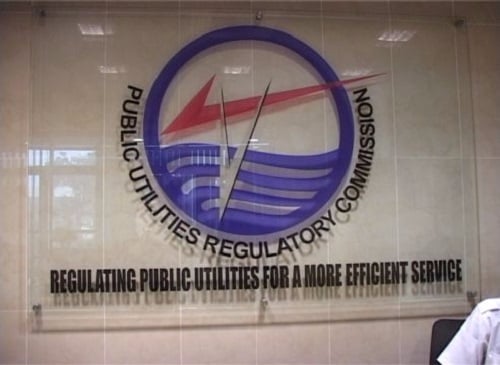Advocacy for Electricity Tariff Reduction in Ghana Amidst Improving Economic Conditions
CUTS International Accra and the Center for Environmental Management and Sustainable Energy (CEMSME) are jointly advocating for a reduction in electricity tariffs for the third quarter of 2025 in Ghana. Their call stems from significant improvements in the country’s macroeconomic environment, coupled with declining electricity input costs. These organizations argue that these favorable conditions, primarily driven by the appreciating Ghanaian Cedi and decreasing inflation rates, should translate into lower electricity bills for consumers. They urge the Public Utilities Regulatory Commission (PURC) to initiate stakeholder consultations and implement a tariff reduction, reflecting these positive economic changes.
The organizations highlight the substantial appreciation of the Ghanaian Cedi against the US dollar, from GHS15.70 to GHS12.93 within the second quarter of 2025, with further appreciation anticipated. This strengthened currency effectively reduces the cost of imported inputs for electricity generation, particularly natural gas. While projected natural gas prices are expected to rise to USD4.20/MMBTU in the third quarter, the Cedi’s appreciation, along with government subsidies on WACOG by USD0.83/MMBTU are predicted to negate the impact on end-user tariffs. Concurrently, inflation, a key factor in tariff adjustments, has fallen to 21.2% from the 22.49% used for the first and second quarter tariff calculations, with further decline expected.
Furthermore, an anticipated increase in the contribution of hydropower to the national electricity generation mix, potentially exceeding 30%, offers an additional avenue for cost reduction. Hydropower, being a domestically sourced and renewable energy resource, is less susceptible to global price fluctuations and exchange rate volatility. This increased reliance on hydropower further supports the argument for a downward tariff adjustment. The combined effect of these positive economic indicators strengthens the case for reducing electricity tariffs, providing much-needed relief to consumers burdened by the previous tariff hike.
The organizations emphasize that reducing electricity tariffs would yield multifaceted benefits for the Ghanaian economy. Lower tariffs would alleviate financial pressure on households, freeing up disposable income and enhancing consumer welfare. For businesses, reduced electricity costs translate to lower production expenses, potentially contributing to price stability and improved competitiveness. This could stimulate economic activity, leading to job creation and overall economic growth. The ripple effect of lower tariffs would be felt across various sectors, contributing to a more robust and dynamic economy.
CUTS International Accra and CEMSME underscore the PURC’s legal mandate to protect consumer interests, as stipulated in the Public Utilities Regulatory Commission Act 1997 (Act 538), Section 16(3)(a). They call for transparency and robust stakeholder engagement in the tariff review process, ensuring that consumers directly benefit from the prevailing favorable economic conditions. They express concern about inefficiencies within the Electricity Company of Ghana (ECG), particularly regarding commercial and technical losses, which unjustly increase the burden on consumers. They urge the PURC to address these inefficiencies and link future tariff reviews to institutional reforms within ECG, promoting greater efficiency and improved service delivery.
The organizations advocate for a comprehensive and inclusive tariff review process, prioritizing consumer interests. They believe that a reduction in tariffs would not only ease the financial burden on consumers but also stimulate economic growth by lowering production costs for businesses. This, in turn, could lead to increased industrial activity, job creation, and enhanced competitiveness for Ghanaian industries. They urge the PURC to act proactively, capitalizing on the current positive economic climate to provide much-needed relief to both residential and commercial consumers. They highlight the previous tariff increase of 6.52% implemented on May 1, 2025, based on less favorable economic projections, and call for a reversal of this trend through a significant downward tariff adjustment in the third quarter. This reduction would reflect the current realities of the improved economic landscape and provide tangible benefits to Ghanaian consumers.


